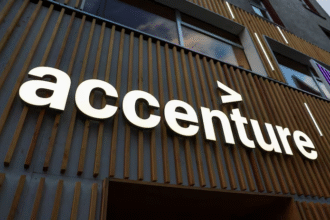The Food and Agriculture Organization of the United Nations (FAO) has played a crucial role in assisting 22 countries in securing $68 million in financing from the Global Environment Facility (GEF) to combat biodiversity loss, groundwater management, climate change, land degradation, and pollution.
These projects, which have been approved by the GEF Secretariat and Councils for various funding mechanisms including the GEF Trust Fund, the Least Developed Countries Fund (LDCF), and the Global Biodiversity Framework Fund (GBFF), aim to leverage an additional $273 million in co-financing to advance global goals related to biodiversity, social inclusion, land and water management, and reducing the use of hazardous chemicals.
FAO Director-General, QU Dongyu, emphasized the importance of financing to transform global agrifood systems towards addressing critical environmental challenges. He highlighted the need for support in meeting biodiversity, climate, land, water, and pollution goals through agrifood systems solutions guided by the Four Betters initiative.
Carlos Manuel Rodríguez, CEO and Chairperson of GEF, underscored the significance of these projects in revolutionizing food production methods to tackle global environmental crises. He emphasized the importance of aligning agricultural and environmental sectors to address environmental challenges, food insecurity, and poverty while effectively communicating the goals and impacts of these projects.
One of the key initiatives approved by the GEF Council is FAO’s Small Grants Program, which received a $19 million allocation for supporting civil society organizations and community-based initiatives in 14 countries. This project aims to restore land, improve agricultural practices, and promote social inclusion, particularly among women, Indigenous Peoples, and youth.
Furthermore, several projects funded by the GBFF focus on mainstreaming biodiversity in agrifood sectors, enhancing sustainable livelihoods, and empowering Indigenous Peoples. These projects target ecosystem restoration, biodiversity-friendly practices, and sustainable management of natural resources to mitigate greenhouse gas emissions and benefit local communities.
In addition, FAO will support countries like Kenya, Tanzania, Liberia, Vanuatu, and Gambia in implementing projects to enhance water security, improve climate resilience, promote sustainable tourism practices, and reduce harmful agrochemical use through climate-resilient, agroecological practices.
The FAO-GEF partnership has witnessed significant growth in 2024, with a total of $440 million approved across various work programs. This partnership has been instrumental in supporting countries worldwide in addressing environmental challenges at the intersection of agrifood systems and the environment, ultimately contributing to the achievement of the Sustainable Development Goals.
Overall, the FAO-GEF partnership continues to pave the way for innovative and sustainable solutions to global environmental challenges, driving progress towards a more resilient and environmentally conscious future.
This article has been rewritten based on the original HTML content provided by Food and Agriculture Organization (FAO) and has been tailored for seamless integration into a WordPress platform.








